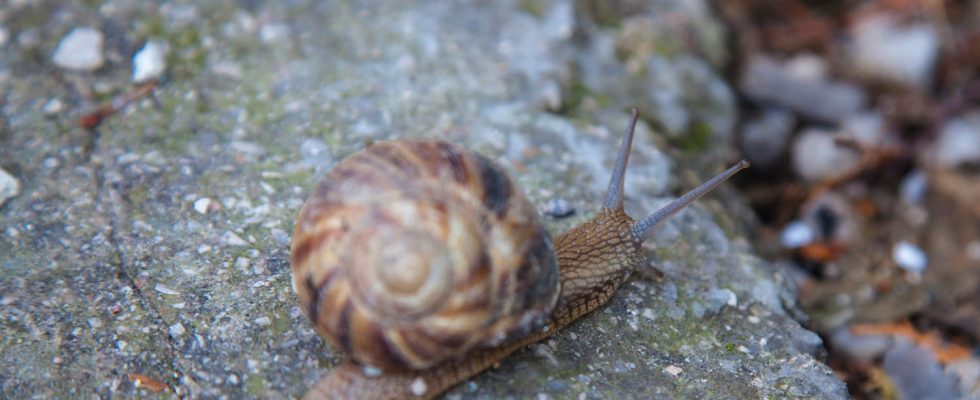What is one of the most dangerous animals in the world? The shark, the crocodile… No, this little mollusk can be much more formidable than you think.
When we think of an animal that is dangerous to humans, we very often think of the shark, the crocodile, the lion, and possibly the hippopotamus, which causes many deaths in Africa. And we are wrong. The greatest threats to our species are often smaller, such as the mosquito vector of Dengue or Zika… This is also the case with this seemingly harmless animal, and traditionally associated with slowness.
Yes, this deadly threat lurks in the fresh waters of much of the world: freshwater snails! These crawling little creatures are actually responsible for 200,000 deaths each year on the planet, making them the second deadliest animals on the planet, just behind mosquitoes according to the Statista website.
Eggs that plague waterways and careless swimmers
Of course, we are not talking about massive killer snail attacks here, but about a completely different type of threat. Behind their harmless appearance, freshwater snails, particularly prized by aquarium enthusiasts, play an essential role in the development of larvae that spread diseases. However, freshwater snails are widespread in rivers and streams in many regions of the globe, including in the Mediterranean basin which receives hordes of tourists every summer.
Freshwater snails can thus carry schistosomiasis. If the parasites that infest these freshwater snails die within a few days, they have had enough time to reproduce beforehand and infest other individuals. The process is simple: the parasites are in the water, take advantage of a swim to reach your skin, spread and then lay eggs. Treatments exist against schistosomiasis, in particular an anti-parasitic, Praziquantel, but it is then necessary to act quickly to limit the risks, encephalitis which can lead to death.
